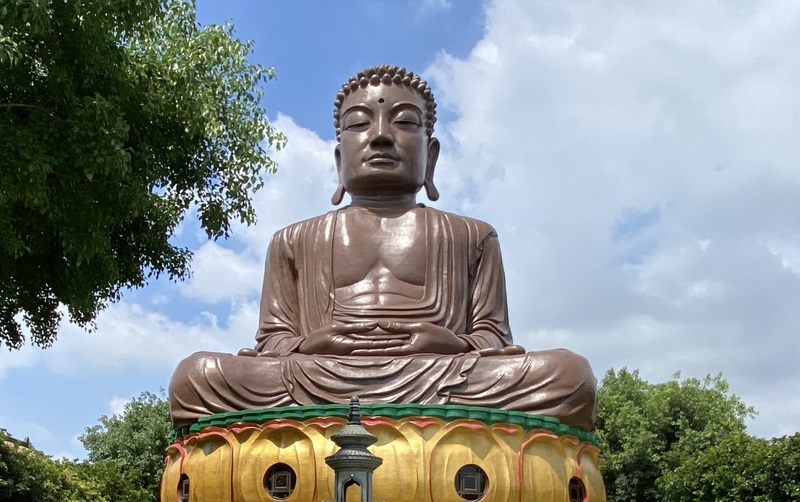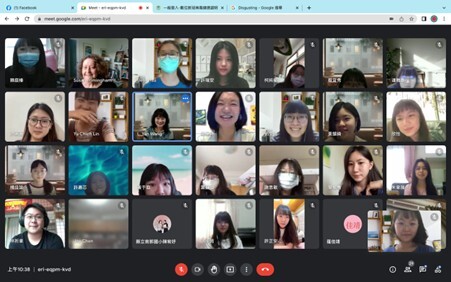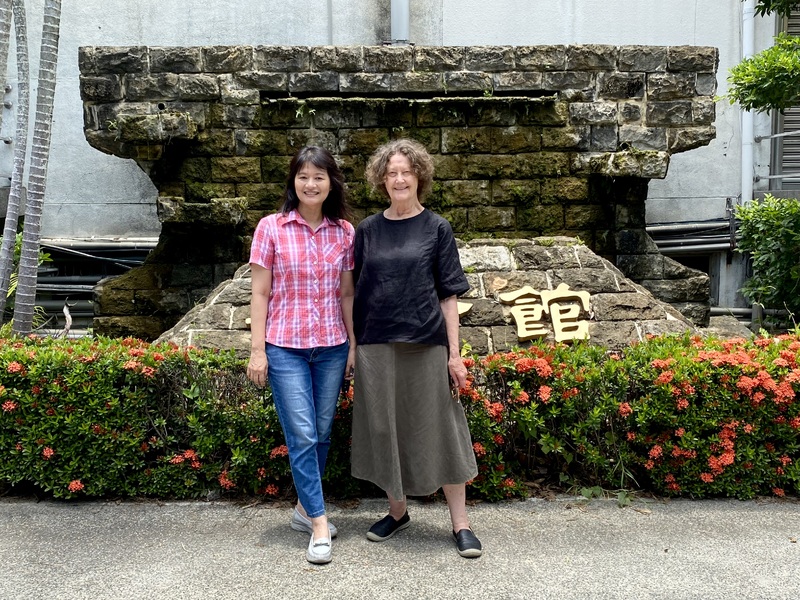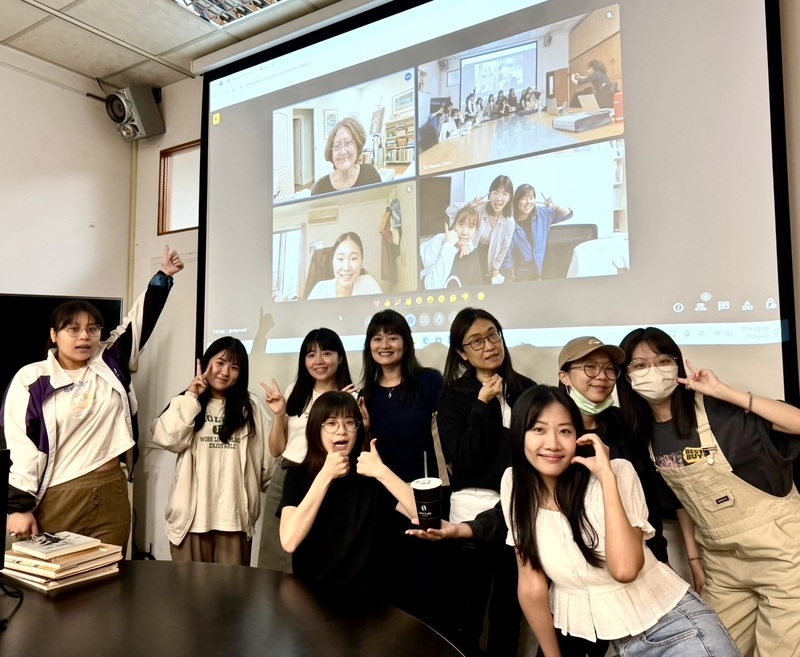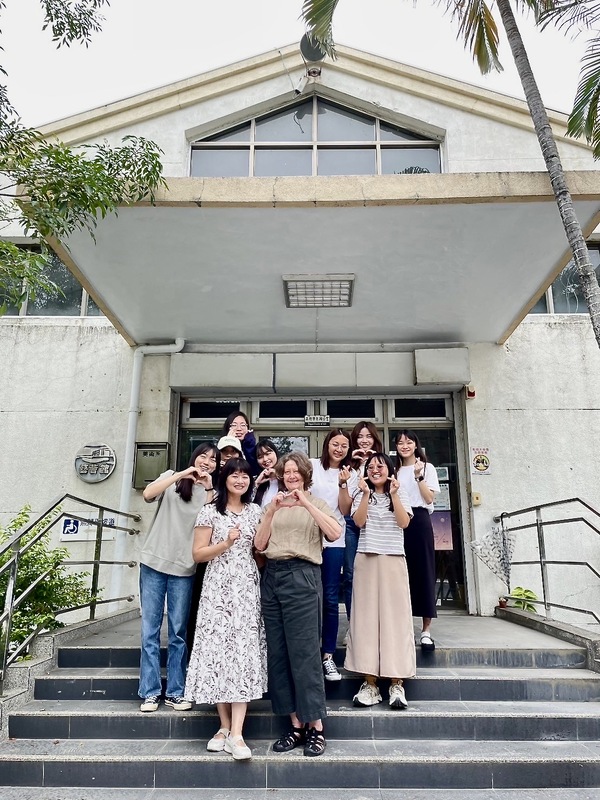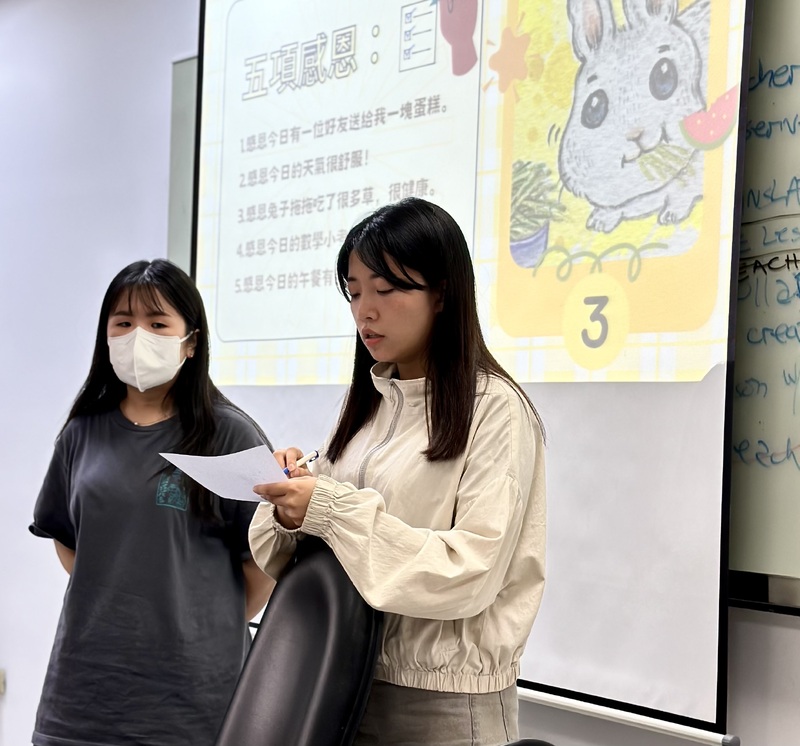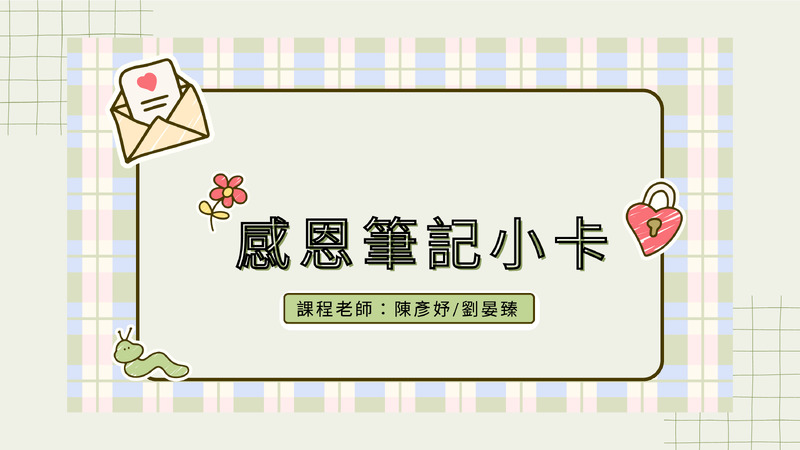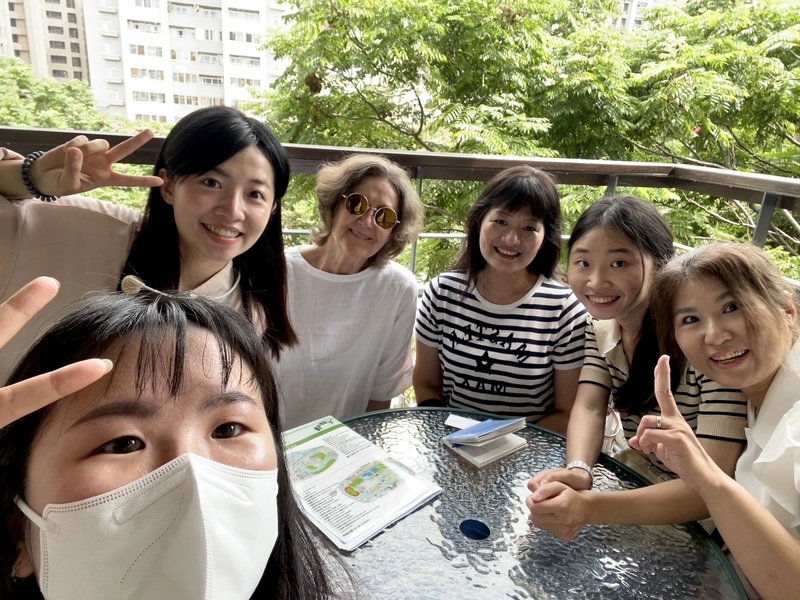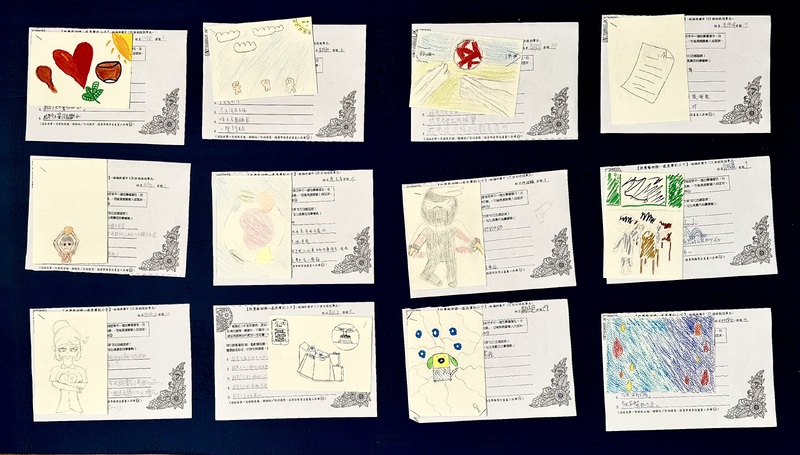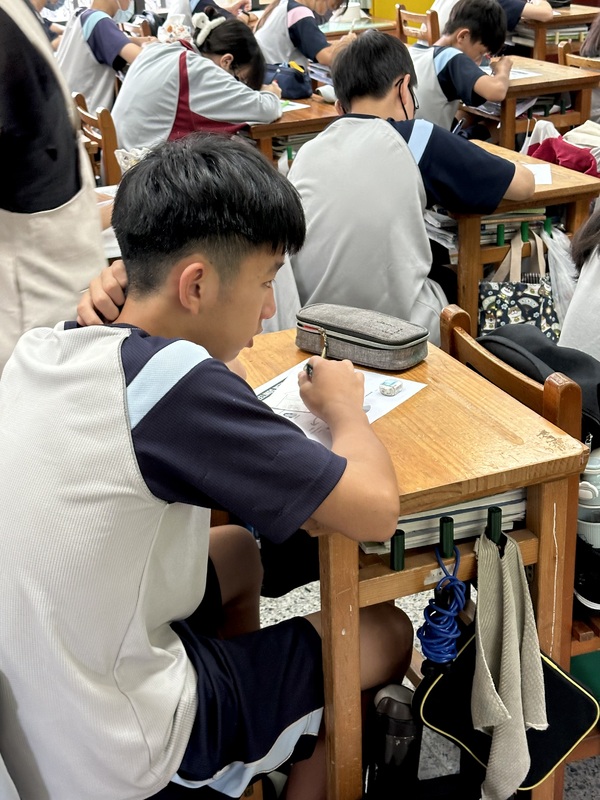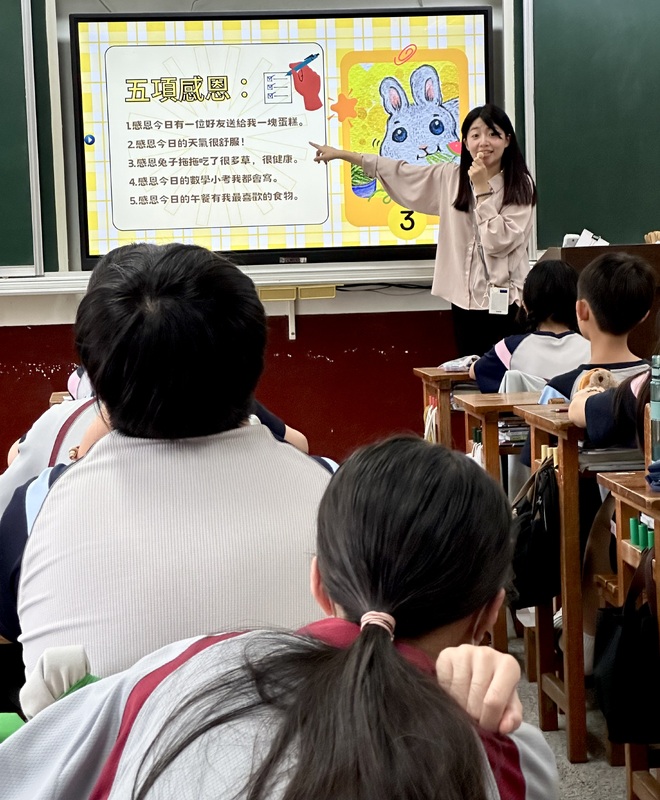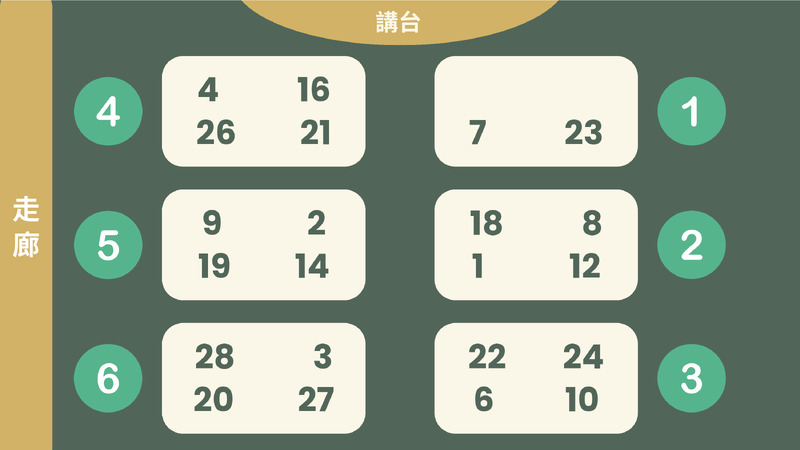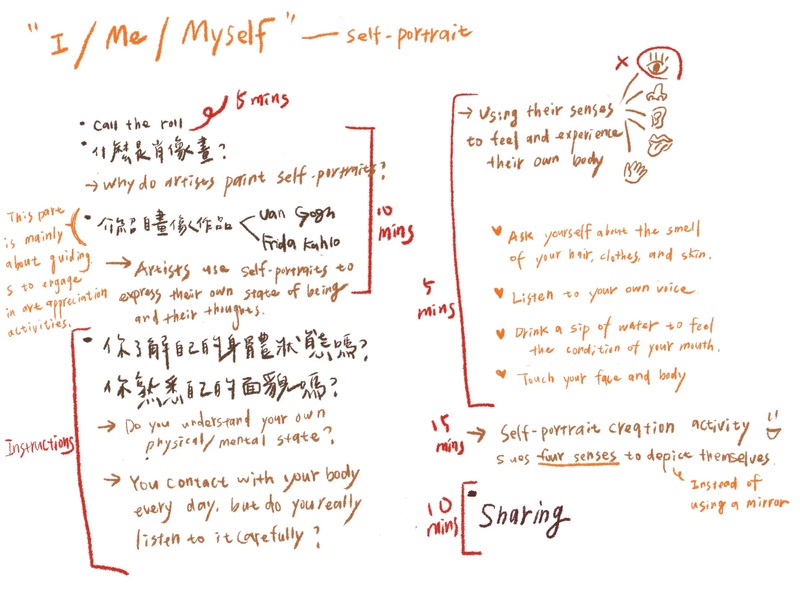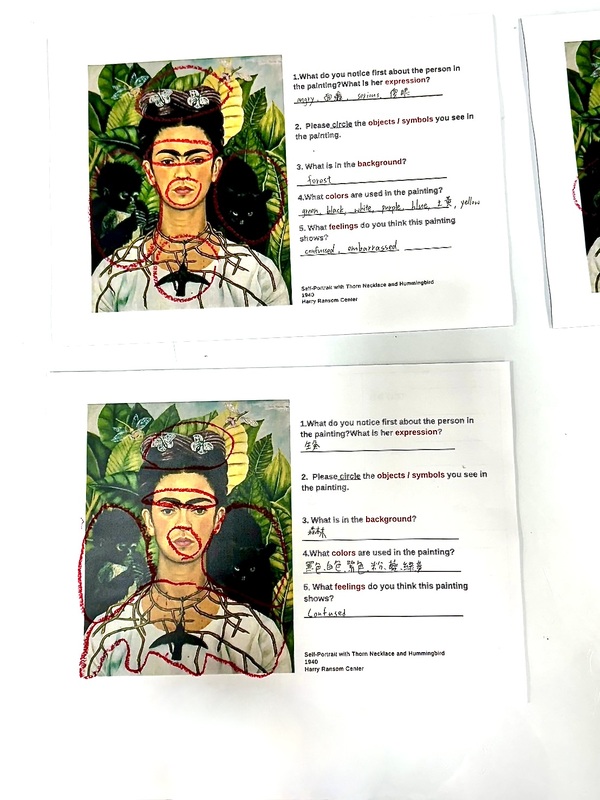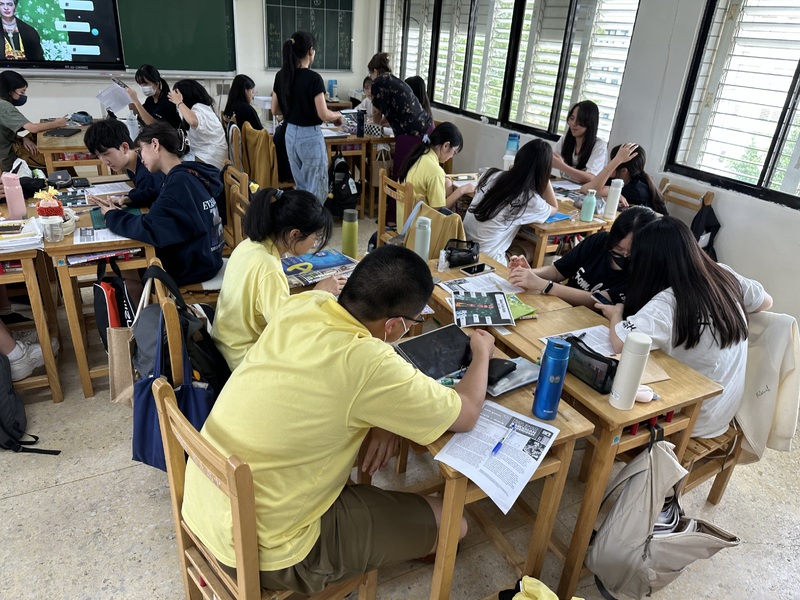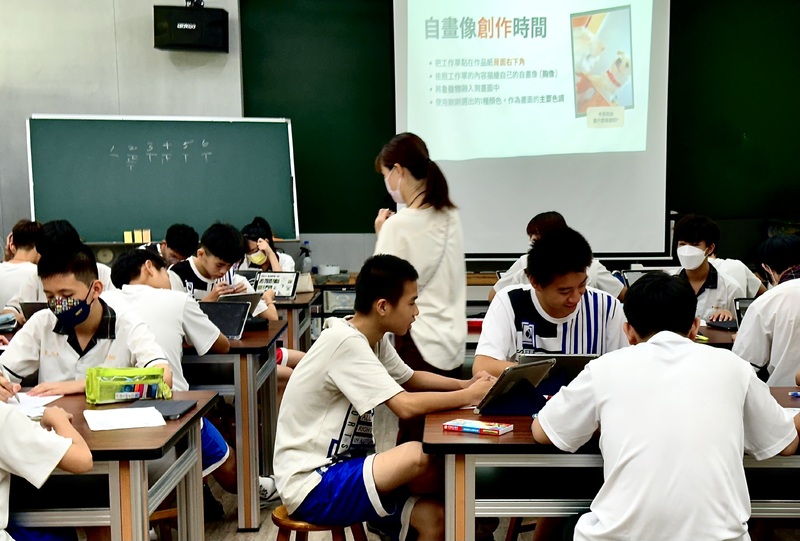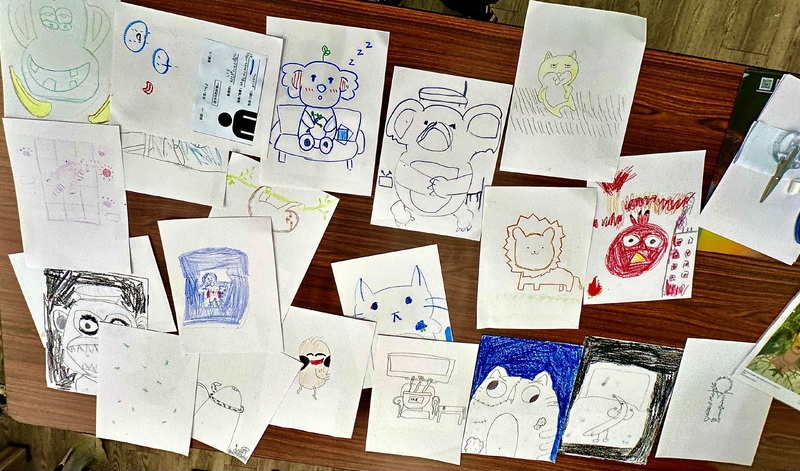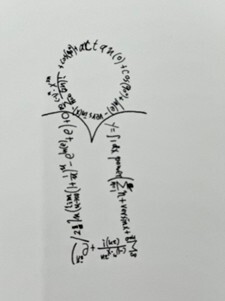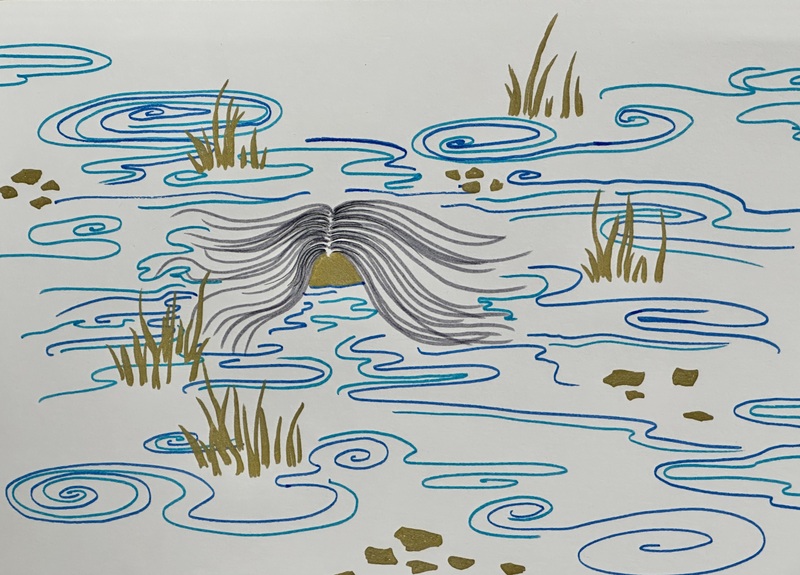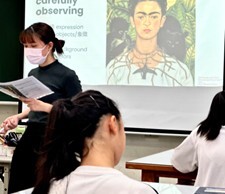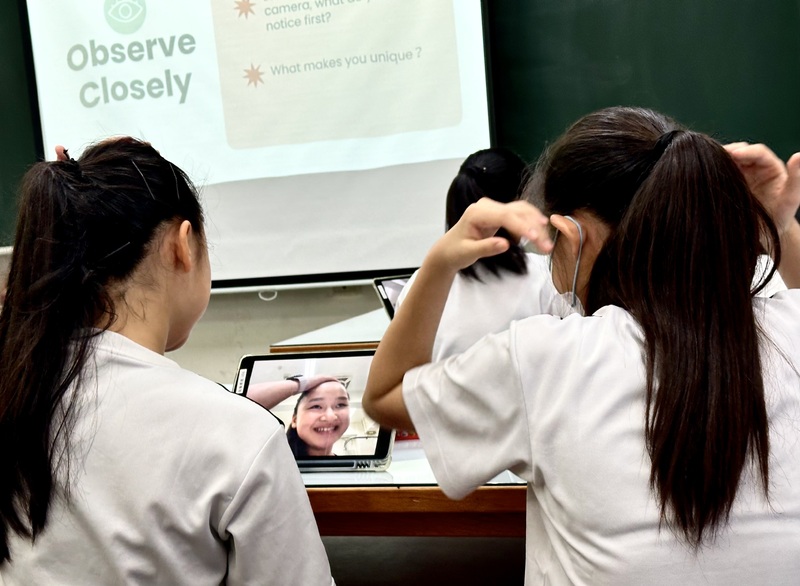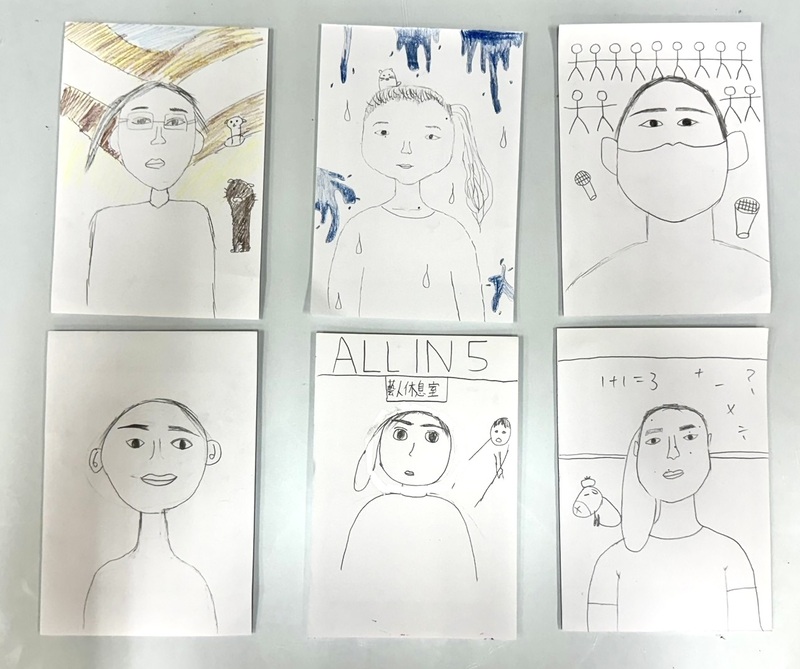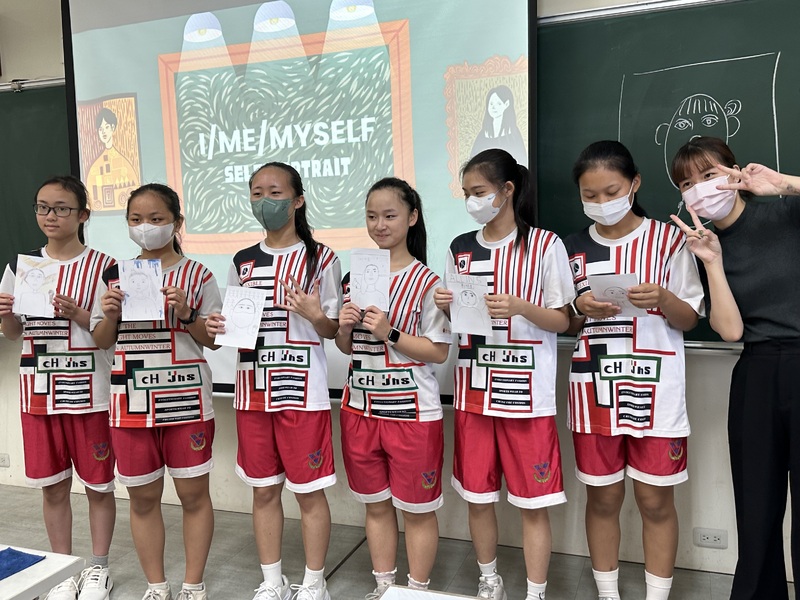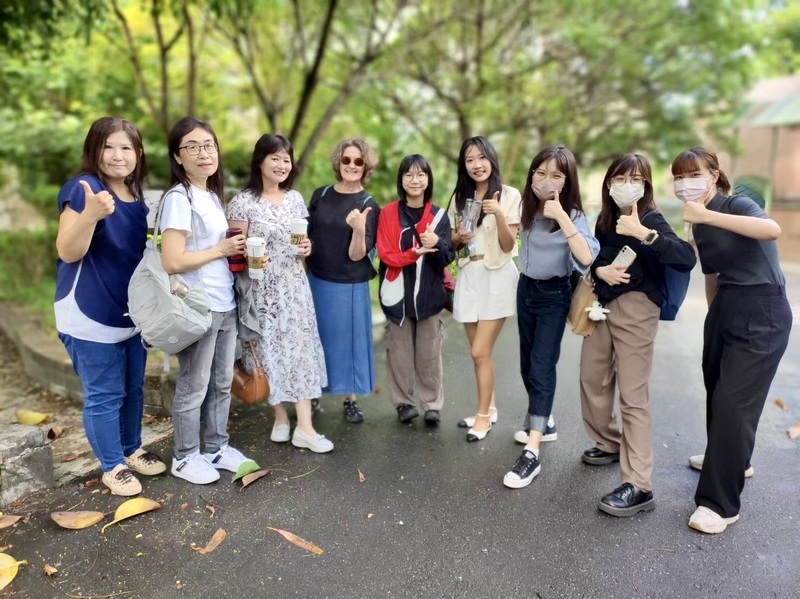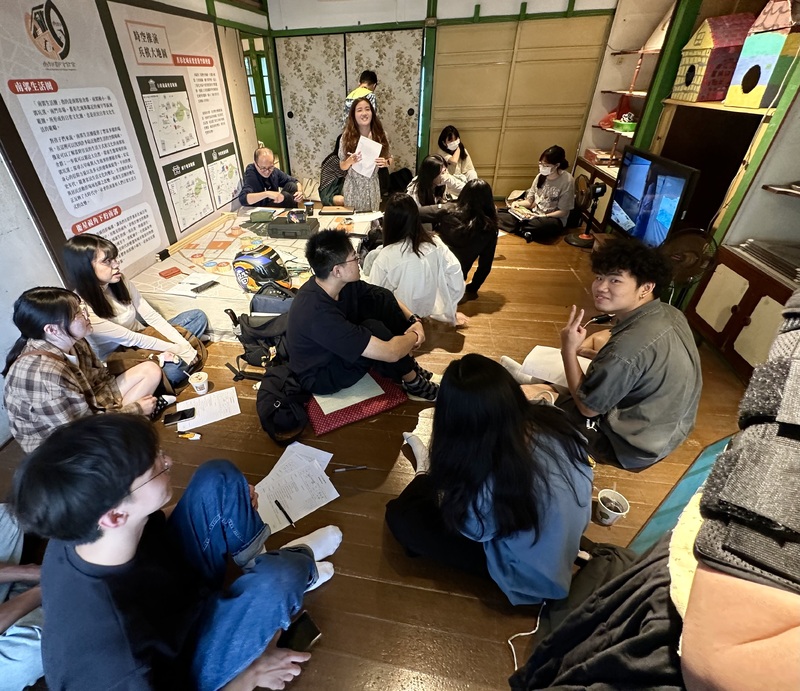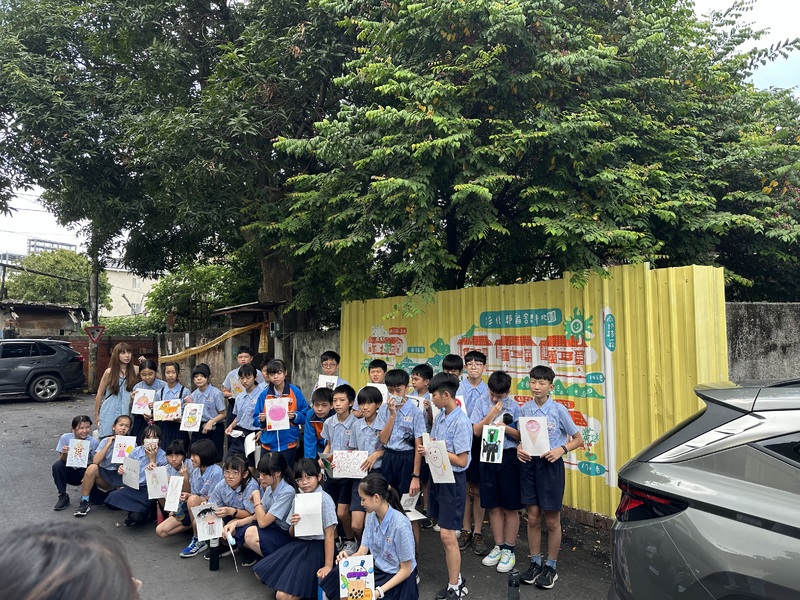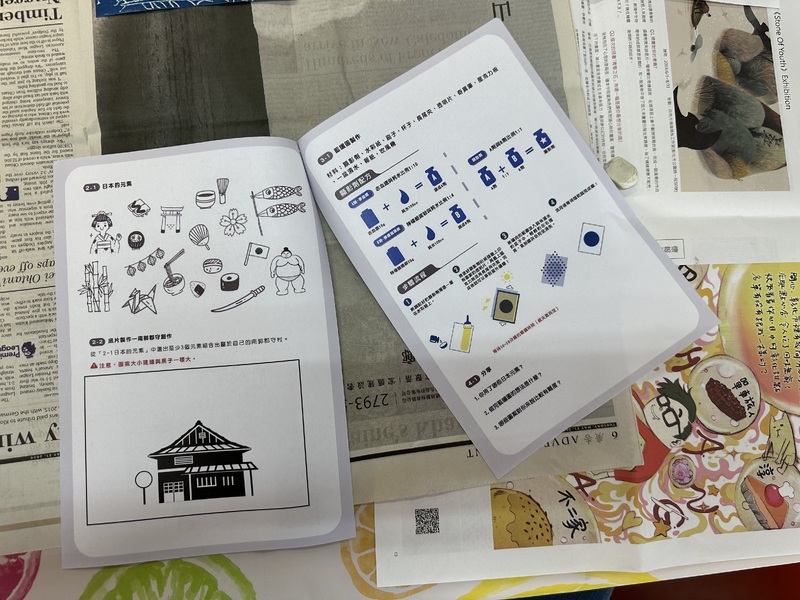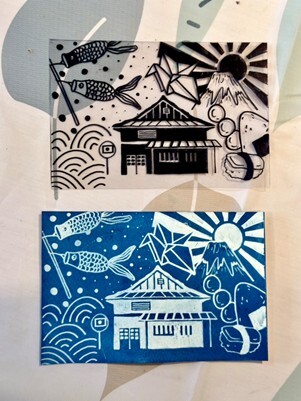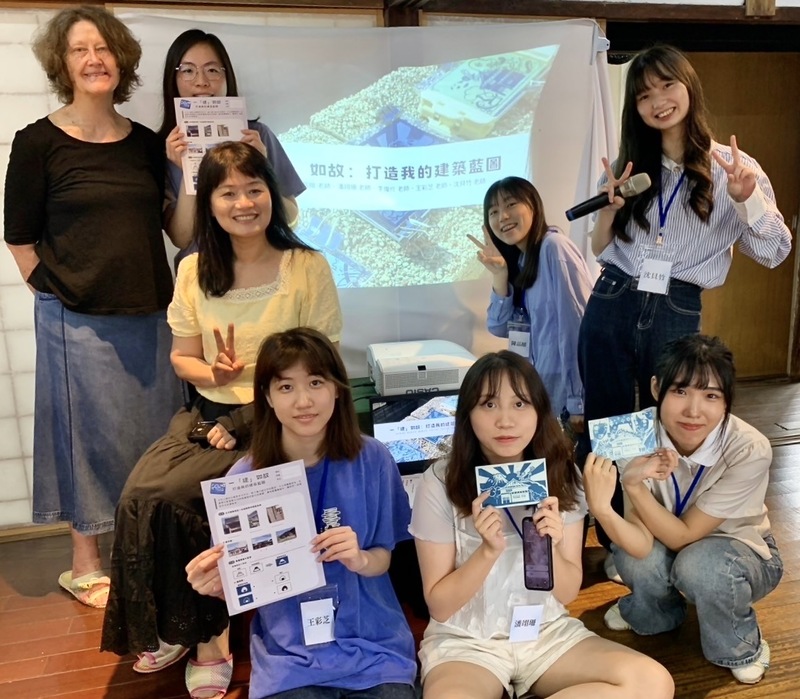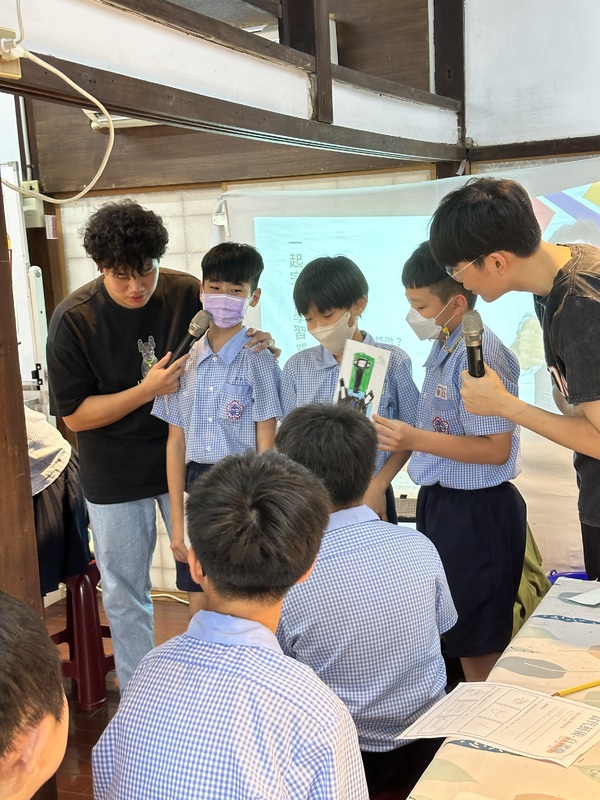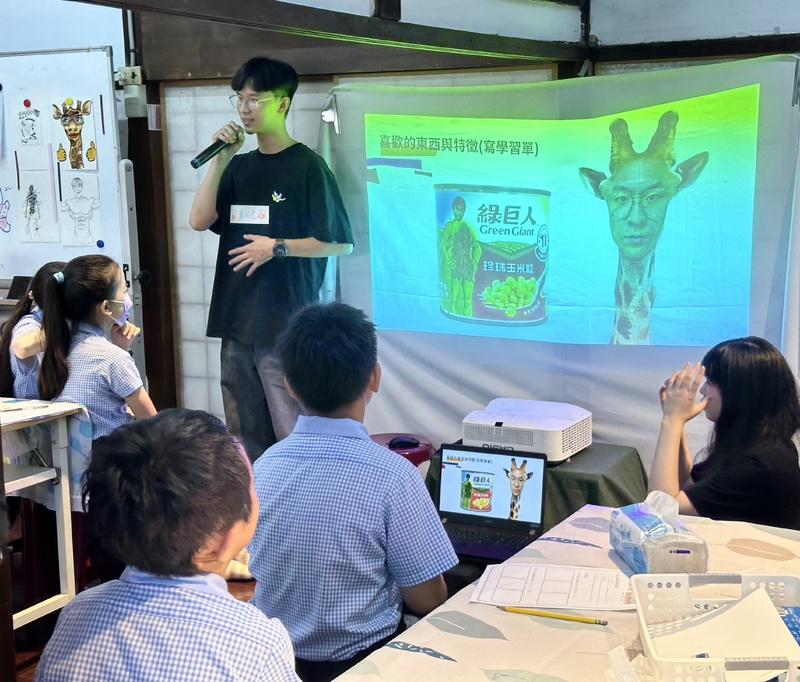Art Class
Two teacher candidates who were enrolled in a graduate Art Education class with Professor Li Yan Wang volunteered to take part in the study.
Each of these students created a lesson for the project which would include all six stages of the Billingual 2030 project.
One of the lessons was titled "Gratitude", and the other "I, Myself, Me."
The six stages of the Bilingual 2030 Project:
- Observing graduate students teaching art lessons in Mandarin.
- Translating the essence of those lessons into English.
- Teaching an English version to graduate students with feedback from the graduate class.
- Collaborating to create a transitional bilingual art lesson that retained cultural characteristics.
- Observing graduate students teaching the transitional lesson.
- Deconstruction of the bilingual lesson with the graduate students.
Gratitude Lesson
Self-Portrait Lesson: I, Myself, Me
Art Class at the Japanese Magistrate House
Group Lessons
I observed 2 group lessons at the historical Japanese magistrate’s house. The lessons were taught by undergraduate art education students to students from a nearby Elementary School. The house was where the Japanese Magistrate lived during the Japanese Occupation of Taiwan. The home is being maintained as a historical and cultural artifact. Efforts are made to keep as much of the original home as possible while still making it functional for students to work in. During the lesson the groups were videotaped while in an adjoining room the other students in the class observed the video feed in real time.
The groups were composed of 5-6 student teachers. Theses students were friends and socialized outside of class. Before the elementary school children arrived, each group rehearsed all their parts and tried various ways to relieve their anxiety. The student teachers were very supportive of each other and determined to create a safe environment for the 6th grade elementary school students they were teaching. The student teachers wanted their students to have fun.
After teaching the lessons there would be a group photo of the elementary school students before they left, and then the observers and teachers would return to the house to debrief. The student observers, Li Yan and the Elementary School teacher all provided feedback.
The first lesson used the architecture of the Japanese house and concrete-level cultural symbols of Japan such as the torii, Boys’ Day flying carp, an origami crane, a stylized cherry blossom to create solar prints. Students were instructed to add these images to a template that featured an accurate drawing of a Japanese house.
The second group lesson instructed the elementary school students to draws an imaginary self-portrait, using oil pastels, creating an avatar Each of the student teachers had drawn an example imaginary self-portrait. Their examples were all unique and reflected their individual personalities.
